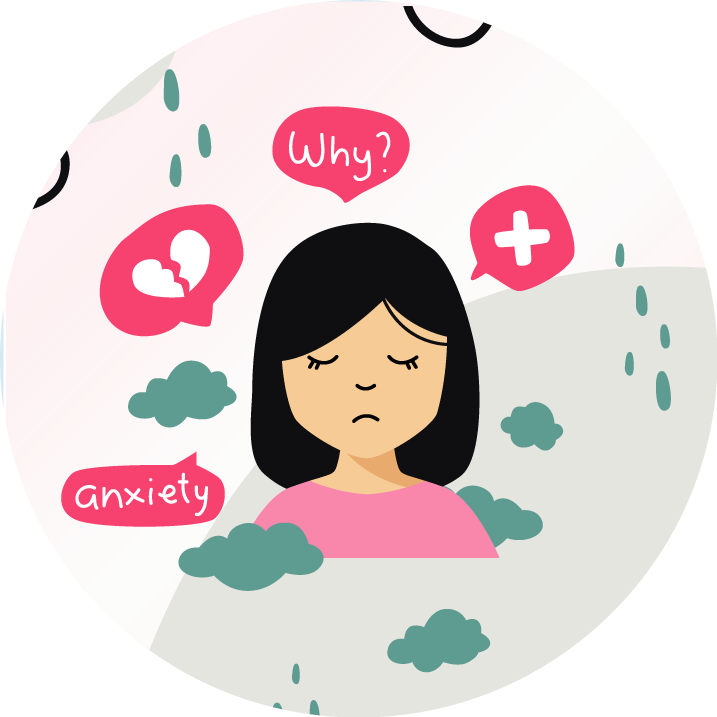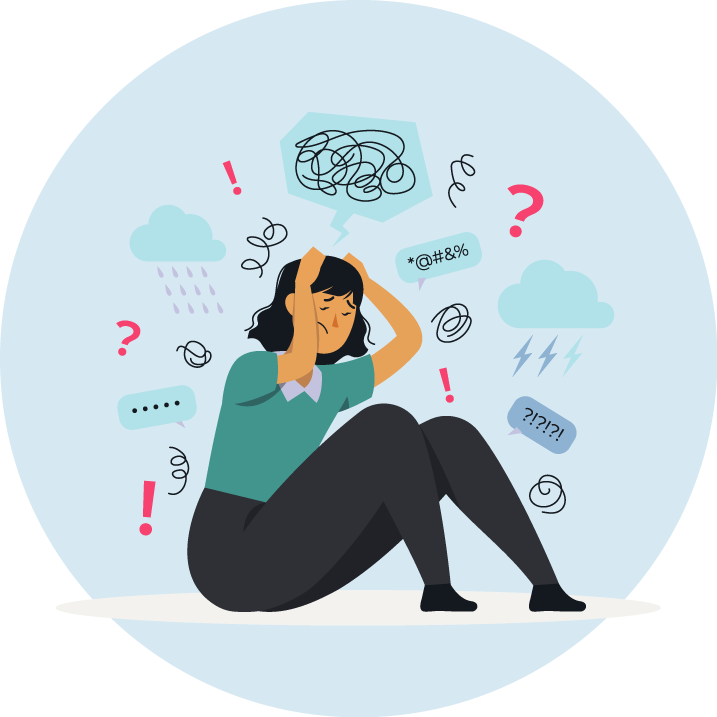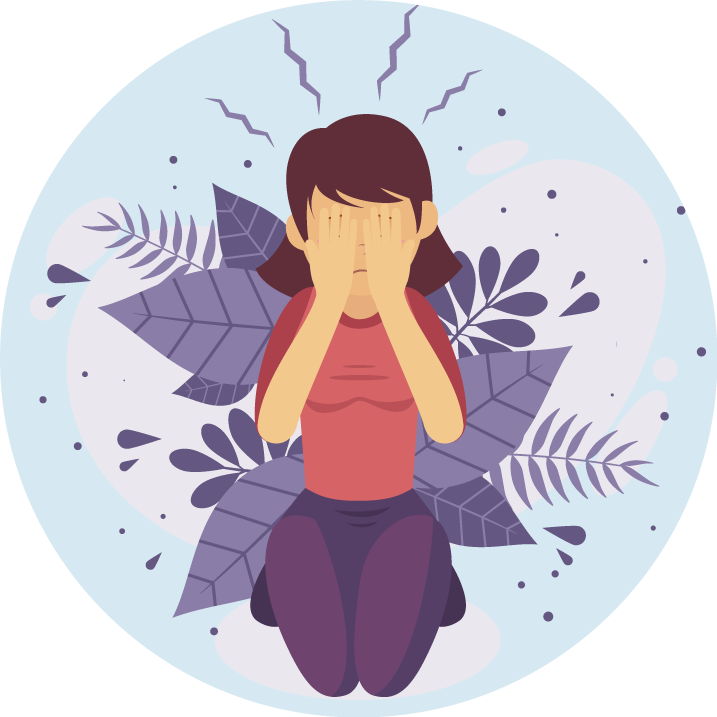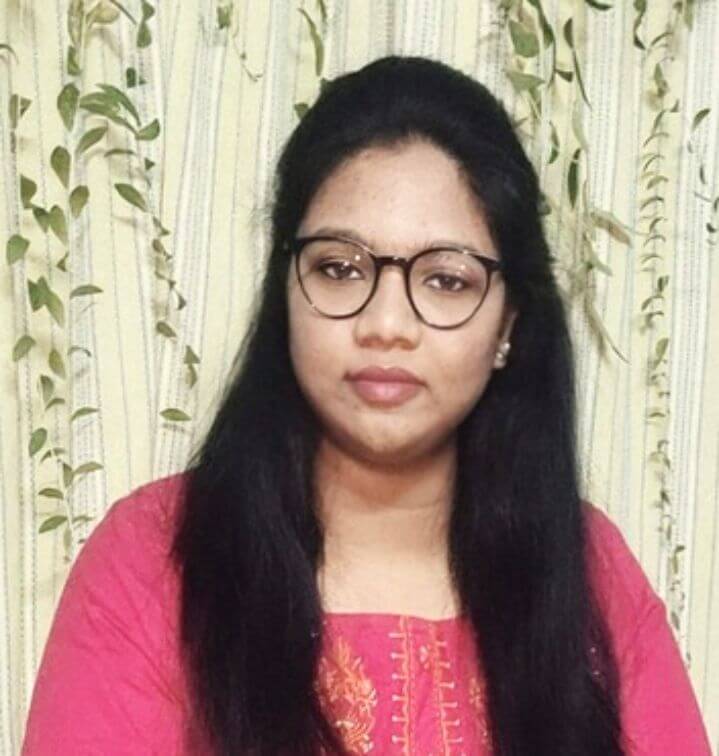Best Therapist In Japan

Best Therapist In Japan
August 06 2025 TalktoAngel 0 comments 1264 Views
In Japan, the landscape of mental health is gradually shifting. Previously reluctant to discuss psychiatric issues publicly, cities including as Tokyo, Osaka, Kyoto, Yokohama, and Fukuoka are now seeing an increase in interest in therapy and emotional well-being. Still, many residents—particularly international expatriates and individuals from South Asian backgrounds—face difficulties accessing therapy that respects both their cultural nuances and language preferences.
Fortunately, digital mental health platforms are now offering inclusive solutions that bridge these gaps.
Why Online Therapy Matters in Japan
As mental health awareness becomes more prominent in Japan, the demand for culturally sensitive support is increasing. Online therapy platforms offering licensed Indian psychologists have emerged as a vital option for people seeking familiarity, empathy, and global expertise, especially for the Indian diaspora, South Asians, or English-speaking professionals living in Japan.
These therapists are typically certified under India’s Rehabilitation Council (RCI) and bring with them a wealth of clinical knowledge. Their training spans across evidence-based modalities such as Cognitive Behavioural Therapy (CBT), Dialectical Behaviour Therapy (DBT), trauma-focused approaches, and psychodynamic therapy.
Many Indian therapists are multilingual—fluent in English, Hindi, and regional Indian languages, which makes the therapeutic process smoother and more relatable for clients who want to process deep emotions in a language they’re most comfortable with. Whether you’re dealing with cross-cultural stress, burnout, anxiety, family pressure, or unresolved trauma, working with someone who understands both your language and cultural context can make a significant difference.
Convenience for Japan’s Busy Lifestyle
Living in Japan often comes with tightly packed schedules and high work demands. Online therapy offers the flexibility to attend sessions from anywhere—your Tokyo apartment, your breakroom in Osaka, or your shared home in Fukuoka. You can schedule appointments around work hours, without worrying about commuting or linguistic barriers. Plus, the privacy of remote sessions helps reduce the fear of stigma that still surrounds mental health discussions in many cultures.
Mental Health Care in Japan: Why Alternatives Are Needed
- Limited Local Resources and High Barriers
While Japan has world-class healthcare, access to long-term psychotherapeutic support is still limited, especially in English or non-Japanese languages. Government services often have long waiting lists, and private clinics may not always offer culturally attuned or linguistically flexible care. For foreigners, navigating the mental healthcare system can feel daunting.
- Cultural Stigma Still Persists
Despite growing awareness, there is still hesitation around openly seeking therapy, especially for concerns related to family expectations, personal identity, or emotional vulnerability. Online therapy platforms offer a more private and non-judgmental space to begin this journey.
- A Culturally Attuned Option: TalktoAngel
TalktoAngel, a trusted online platform, connects clients worldwide with Indian mental health professionals who bring both cultural sensitivity and clinical excellence. Whether you're a long-term resident in Japan, a student, or an international worker, you can access therapy that aligns with your values, language, and time zone.
Key Benefits of Choosing TalktoAngel Therapists
- Multilingual & Culturally Sensitive Care
Therapists fluent in English, Hindi, and other Indian languages can help you feel emotionally understood in a way that's hard to find locally.
- Convenient & Time-Zone Friendly
Sessions can be booked during early mornings, evenings, or weekends—perfect for Japan’s fast-paced lifestyle and differing work schedules.
- Private & Safe
Connect from the comfort of your home, office, or even while travelling. Anonymous options are also available, creating a stress-free entry point for first-time therapy seekers.
- Expert-Led & Globally Trained
These professionals use internationally respected approaches like CBT, mindfulness, and trauma-informed care, tailored to your life circumstances and cultural background.
How to Choose the Right Therapist
- Clarify Your Needs: Do you need help with anxiety, grief, stress, burnout, or relationship challenges?
- Language and Communication Style: Make sure the therapist speaks your preferred language and offers formats like video, voice, or text.
- Specialisations: Look for expertise in areas like trauma, childhood experiences, career stress, or family transitions.
- Session Availability: Confirm if the therapist's schedule matches your time zone in Japan.
- Transparency in Pricing: Check if payment systems accept international cards and offer flexible packages.
- Read Therapist Bios: Look for culturally informed, empathetic professionals with a strong track record.
Top Indian Therapists Available Online for NRIs
Here are some exceptional professionals known for their cross-cultural sensitivity, therapeutic skills, and global outreach:
- Dr. R. K. Suri- Having worked as a chartered clinical psychologist for 40 years, Dr. Suri brings deep insight into anxiety, trauma, relationship issues, career issues, and complex emotional concerns. His psychoanalytical expertise helps clients uncover root causes and build lasting inner strength.
- Ms. Sudipta Das- She provides a warm, inclusive space for clients facing OCD, trauma, PTSD, or neurodivergent challenges like ADHD. Her integrative style combines CBT, mindfulness, and storytelling to help individuals heal and grow.
- Dr. Karuna Singh- With advanced training in psychodynamic therapy and CBT, Dr. Singh supports those dealing with deep-seated relationship issues, grief, and early-life trauma. Her sessions promote reflection, emotional clarity, and long-term resolution.
- Mrs. Chanchal Agarwal- A family systems therapist who works with parents, adolescents, and couples. Her approach helps clients strengthen family bonds and navigate complex developmental or behavioral concerns.
- Ms. Mansi- She focuses on young adults navigating identity shifts, anxiety, and relationship changes. Her supportive sessions offer space for introspection, emotional healing, and self-worth building.
- Mr. Harpreet Singh- With a coaching background, he specialises in professional burnout, emotional resilience, and goal-oriented therapy—ideal for expats balancing high-stress work environments in Japan.
- Mr. Utkarsh Yadav- Known for his structured, empathetic approach, Mr. Yadav helps clients manage anxiety, build coping strategies, and grow through life transitions using science-backed techniques.
- Ms. Sheetal Chauhan- She works closely with teens and young adults, combining CBT and mindfulness to address anxiety, peer issues, and emotional regulation.
- Ms. Sangeeta Pal- knowledgeable about interpersonal dynamics, anxiety disorders, and trauma healing. Her person-centred approach ensures a safe space for reflection and growth.
- Mrs. Prachi Tiwari- A psychologist focused on individual and group therapy, psychometric evaluations, and resilience building. She offers culturally aligned support for life challenges and emotional development.
Conclusion
Your emotional well-being doesn’t have to be limited by borders or cultural misunderstandings. Whether you’re navigating workplace stress in Tokyo, parenting challenges in Yokohama, or identity shifts in Osaka, accessible and compassionate therapy is just a click away.
With platforms like TalktoAngel, you gain access to trained relationship psychologists who understand your background, speak your language, and work on your schedule. Investing in your mental health is an act of empowerment—and the first step toward a more resilient, fulfilling life in Japan.
If you or someone you care about is ready to begin this journey, connect with a qualified therapist today. Because healing doesn’t need to wait.
Contributed By: Ms mansi, Counselling Psychologist.
References
- Andersson, G., Cuijpers, P., Carlbring, P., Riper, H., & Hedman, E. (2014). Guided internet-based vs. face-to-face cognitive behaviour therapy for psychiatric and somatic disorders: A systematic review and meta-analysis. World Psychiatry, 13(3), 288–295. https://doi.org/10.1002/wps.20151
- Sue, S., Cheng, J. K. Y., Saad, C. S., & Chu, J. P. (2012). Asian American mental health: A call to action. American Psychologist, 67(7), 532–544. https://doi.org/10.1037/a0028900
- Smith, J. A., & Reynolds, C. F. (2020). Global mental health and telepsychiatry: Bridging the treatment gap worldwide. The Lancet Psychiatry, 7(6), 476–478. https://doi.org/10.1016/S2215-0366(20)30129-1
- https://www.talktoangel.com/blog/best-therapists-in-melbourne-australia
- https://www.talktoangel.com/blog/best-therapists-in-los-angeles-us
- https://www.talktoangel.com/blog/best-therapists-in-fremont-us
- https://www.talktoangel.com/blog/best-therapist-in-finland-europe
Leave a Comment:
Related Post
Categories
Related Quote

“Remember: the time you feel lonely is the time you most need to be by yourself. Life's cruelest irony.” - Douglas Coupland

“Anxiety is a thin stream of fear trickling through the mind. If encouraged, it cuts a channel into which all other thoughts are drained.” - Arthur Somers Roche

"It is okay to have depression, it is okay to have anxiety and it is okay to have an adjustment disorder. We need to improve the conversation. We all have mental health in the same way we all have physical health." - Prince Harry

“You say you’re ‘depressed’ – all I see is resilience. You are allowed to feel messed up and inside out. It doesn’t mean you’re defective – it just means you’re human.” - David Mitchell, Cloud Atlas

“You don’t have to control your thoughts. You just have to stop letting them control you.” - Dan Millman

"If we would build on a sure foundation in friendship, we must love friends for their sake rather than for our own." - Charlotte Brontë
Best Therapists In India






































SHARE